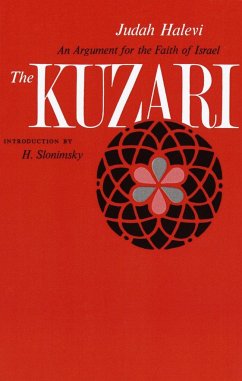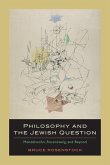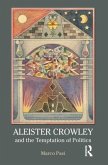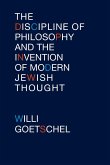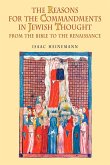The Kuzari is one of the basic books of Jewish literature, a required text in the library of every educated Jew--and of every educated Christian who would understand the religion of Israel. The author, foremost poet and thinker of the Jewish Middle Ages, offers clear and usable delineations of the religion of Israel. In the easy style of a Platonic dialogue, he presents first a critique of Christianity and Islam, and then explores the nature of Israel's first religious faculty, the question of the "chosen" people, the implications of a "minority religion." Against those who accommodate to prevailing philosophical trends, Judah Halevi is blunt, frank and uncompromising in his discourse on the central teachings of Judaism: revelation, prophecy, the laws, the Holy Land, and the role of the Jewish people as spokesman for religious faith.
Bitte wählen Sie Ihr Anliegen aus.
Rechnungen
Retourenschein anfordern
Bestellstatus
Storno

